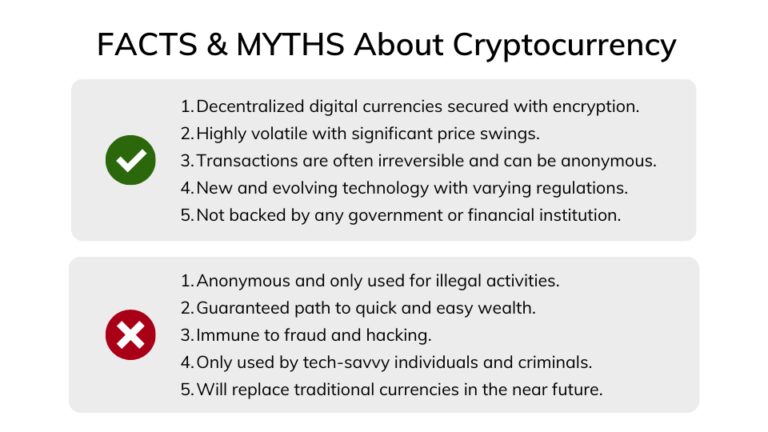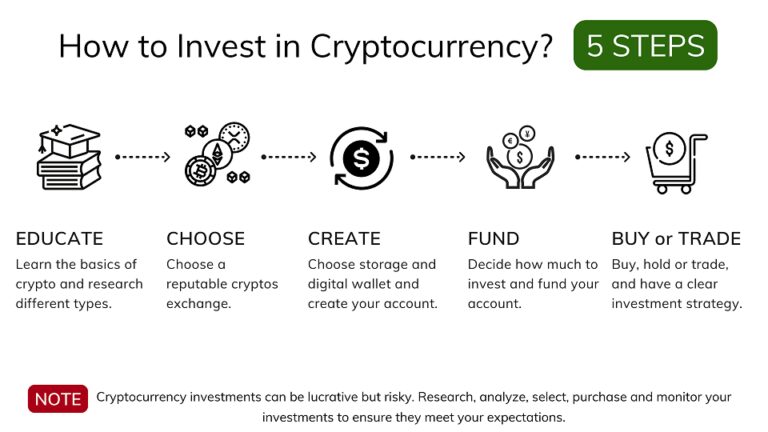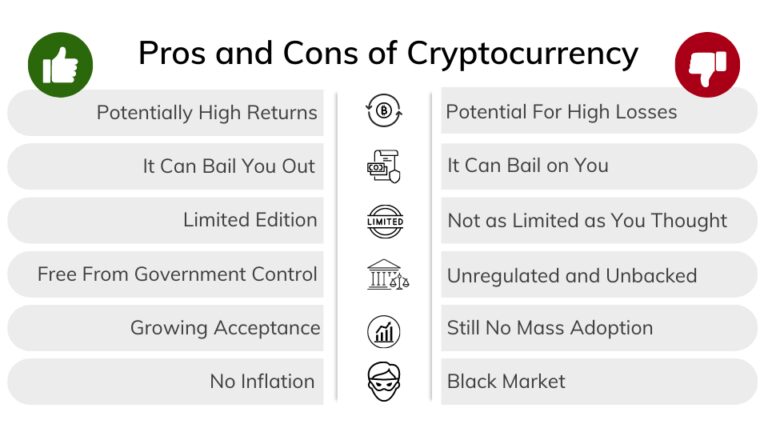Dive into this must-read article to discover how blockchain technology is set to revolutionize voting systems by 2024. With enhanced transparency and security, this game-changing approach is transforming democracy as we know it. Unveil the future of voting systems in this insightful read.

Blockchain technology, which is often associated with cryptocurrencies like Bitcoin, has the ability to revolutionize various sectors, including digital voting systems. But what exactly is this promising technology, and how does it enhance the voting process?
Blockchain technology is a form of decentralized database that constantly adds new transactions or “blocks” to a public ledger. These transactions are immutably stored in a chronological chain, giving the technology its name. It provides a transparent, tamper-proof, and privacy-preserving environment, which is ideal for handling sensitive data, such as votes or financial transactions.
Blockchain’s most popular use is in the digital currency realm, as seen in the success of top crypto casinos. As discussed in the article, Exploring Top Crypto Casinos, the tech offers a level of security and transparency that is unrivaled by traditional banking systems.
Blockchain can transform voting systems in several significant ways:
Blockchain’s potential for improving voting systems is not just theoretical. Over the past few years, various organizations, countries, and educational institutions have conducted trials using blockchain-based voting.
For instance, West Virginia became the first U.S. state to test mobile voting through blockchain in the 2018 midterm elections. Similarly, Moscow City Duma pilot tested a blockchain voting system during the 2019 municipal elections. These real-world applications offer valuable insights into the strengths and challenges of implementing blockchain voting systems.
The use of blockchain within voting systems presents an exciting prospect for improving global democracy. However, like any pioneering technology, it needs careful implementation and robust evaluation to ensure it delivers on its potential.
The innovative coupling of blockchain with voting systems offers a unique solution to many current electoral challenges. Blockchain technology’s core features of security, transparency, and immutability can greatly enhance the processes of vote casting, counting, and verification.
Blockchain voting operates through a distributed ledger system, allowing votes to be tallied and verified simultaneously across a network of computers. Each vote essentially forms a “block” within this chain, linked to both the voter’s identity and their chosen candidate. The meta-data associated with each vote include the timestamp and a unique cryptographic signature, making it near-impossible to alter or counterfeit.
The process starts with the voter digitally signing their ballot using a cryptographic key. This ballot then arrives at the voting station, where it is validated and added to the blockchain. Once the vote has been verified and placed on the blockchain, it becomes permanent and can’t be changed, ensuring the vote’s integrity.
The mechanism of blockchain voting ensures that the casting and counting of votes are transparent and fair. The process begins when a voter casts their vote through a secure digital ballot. This vote is then added to the blockchain as a block, secured by a cryptographic algorithm. Each block contains the details of the vote, including the timestamp and the voter’s choice.
The vote count is updated in real time on the blockchain, eliminating the need for manual vote counting. The live vote count can be accessed by any stakeholder at any time, providing full transparency. Check out our informative guide on Strategies to Boost Tron Casino for an example of a decentralized application that utilizes similar cryptographic algorithms.
Blockchain-based electoral systems are not susceptible to the typical vulnerabilities of traditional voting mechanisms. For instance, it eliminates the risk of double voting, as each vote is linked to a unique identifier that can only be used once. The transparency provided by the live blockchain ledger also reduces the risk of vote manipulation, as any changes to the vote count would be immediately visible to all stakeholders.
Moreover, the cryptography utilized in the blockchain ensures the security of the vote’s content. It obscures the voter’s choice from anyone without the decryption key, thus maintaining voter anonymity. Furthermore, the decentralized nature of blockchain technology means there’s no single point of failure, as the data is stored across multiple nodes in the network. This significantly reduces the risk of a large-scale attack or system failure.

The integration of blockchain in voting systems holds the promise of revolutionizing our democratic processes. There are several potential benefits of incorporating this technology into our voting systems, including ensuring transparency, reducing fraud, making voting more accessible, and increasing voter confidence and participation. Below we delve into these advantages in depth.
One of the most significant benefits of blockchain technology is its ability to enhance transparency in voting systems. Each vote cast is recorded as a block on the blockchain, providing a verifiable and tamper-proof record. With the aid of cryptographic techniques, each vote’s integrity is preserved. This transparent audit trail can greatly reduce the possibility of fraud, including voter fraud and vote tampering. Even in online gaming contexts, blockchain has been employed to ensure fair play, as demonstrated in Exploring Top Crypto Casinos.
Blockchain technology can also make voting more accessible. By enabling online voting, the technology can reach individuals who may find it more challenging to vote in traditional ways, including those living in remote areas, people with disabilities, and even overseas voters. Moreover, the potential to vote from a personal device might also lead to increased voter turnout due to the convenience it provides.
Greater transparency and security can, in turn, lead to increased voter confidence. As voters become more assured that their vote counts and can’t be tampered with, they may be more inclined to participate in the voting process. This assurance isn’t just crucial for democratic processes, but it’s also a key factor in online gaming, where users need to trust the platform. This is evidenced in Winning Tips for Crypto Slots, where the use of blockchain technology enhances transparency and boosts user confidence. Blockchain technology can, therefore, increase voter confidence and participation, making for a healthier democracy.
Overall, integrating blockchain technology into our voting systems has the potential to bring about a positive change in our democratic practices. However, it’s important to keep in mind that this technology is still evolving, and further research and trials are necessary to fully understand its capabilities and address any potential challenges in its implementation.

Blockchain, known for its application in cryptocurrency, is now branching into various sectors, including the world of voting systems. There have been numerous real-world implementations of blockchain voting, providing ample opportunity for analysis and evaluation. Here, we present insights from these case studies, featuring countries and institutions that have experimented with blockchain voting, and the role of platforms such as MyStake, 22bet, and Megapari in advocating for blockchain voting.
Various countries and institutions globally have begun to leverage blockchain technology in their voting systems. For example, West Virginia became the first state in the U.S to pilot blockchain voting during the 2018 Midterm Elections. Internationally, Moscow conducted a blockchain-based e-voting system in its 2019 elections. Sierra Leone also experimented with blockchain voting in its 2018 Presidential Election.
In the world of academics, institutions such as the Massachusetts Institute of Technology and the University of British Columbia have conducted studies and research on blockchain’s potential impact on voting systems. These cases highlight the growing interest in integrating this technological innovation into existing democratic processes.
Voting systems aren’t just being revolutionized in governmental and academic spheres. Online platforms like MyStake, 22bet, and Megapari are also playing a significant role in advocating for blockchain voting. These platforms, primarily operating in the gambling sector, are keen on establishing a transparent, secure, and efficient environment for their users.
MyStake, for instance, uses blockchain to verify and secure the voting process for shareholder meetings. 22bet and Megapari, well-known entities in online sports betting and casino games, are exploring blockchain applications in their platforms to ensure fair play and foster trust among players. They demonstrate how blockchain technology can create a more transparent and accountable voting process beyond political elections.
Numerous insights can be drawn from these implementations. Firstly, blockchain technology proves that it can improve the efficiency and integrity of voting systems. This has been demonstrated in the West Virginia and Moscow case studies, where blockchain voting was successfully trialed.
Secondly, while blockchain voting appears promising, it’s crucial to bear in mind the technical and logistical challenges that these implementations faced. As suggested by MIT and UBC studies, several aspects need to be considered, such as scalability, voter authentication, and maintaining privacy.
Lastly, looking at platforms like MyStake, 22bet, and Megapari, one can see that blockchain voting can extend beyond political elections into other areas of life, such as corporate governance and online gaming. Their exploration of blockchain’s potential reinforces the belief that this technology has the capacity to revolutionize our world in more ways than one.

While blockchain technology promises to revolutionize voting systems in many ways, it is not without its challenges and concerns. Implementing a blockchain-enabled voting system is a massive undertaking that comes with various technical challenges. There are also concerns about voter privacy and system integrity. Furthermore, the potential security risks and vulnerabilities need to be addressed to ensure a safe and reliable voting system.
The application of blockchain technology in voting systems is not as straightforward as it might seem. Several technical challenges arise from the complexities of the technology, such as:
While blockchain offers enhanced security, there are still significant concerns about voter privacy and system integrity. To ensure privacy, it is essential to find a way to keep the identity of voters anonymous while maintaining the reliability of their votes. This delicate balance is hard to achieve and maintain. To learn more about managing privacy and integrity in online platforms, you can refer to the article on Mastering Crypto Poker.
Despite the robust security features of blockchain, potential security risks and vulnerabilities cannot be ignored. These include:
To ensure the integrity and security of a voting system, it is crucial to address these potential security risks and vulnerabilities effectively. This makes it important to have continuous testing, monitoring, and updating of the blockchain voting system.
In conclusion, while blockchain technology has great potential to improve voting systems, these challenges and concerns must be adequately addressed. With continuous research and innovation, these hurdles can be overcome, paving the path for secure, transparent, and accessible voting systems.

